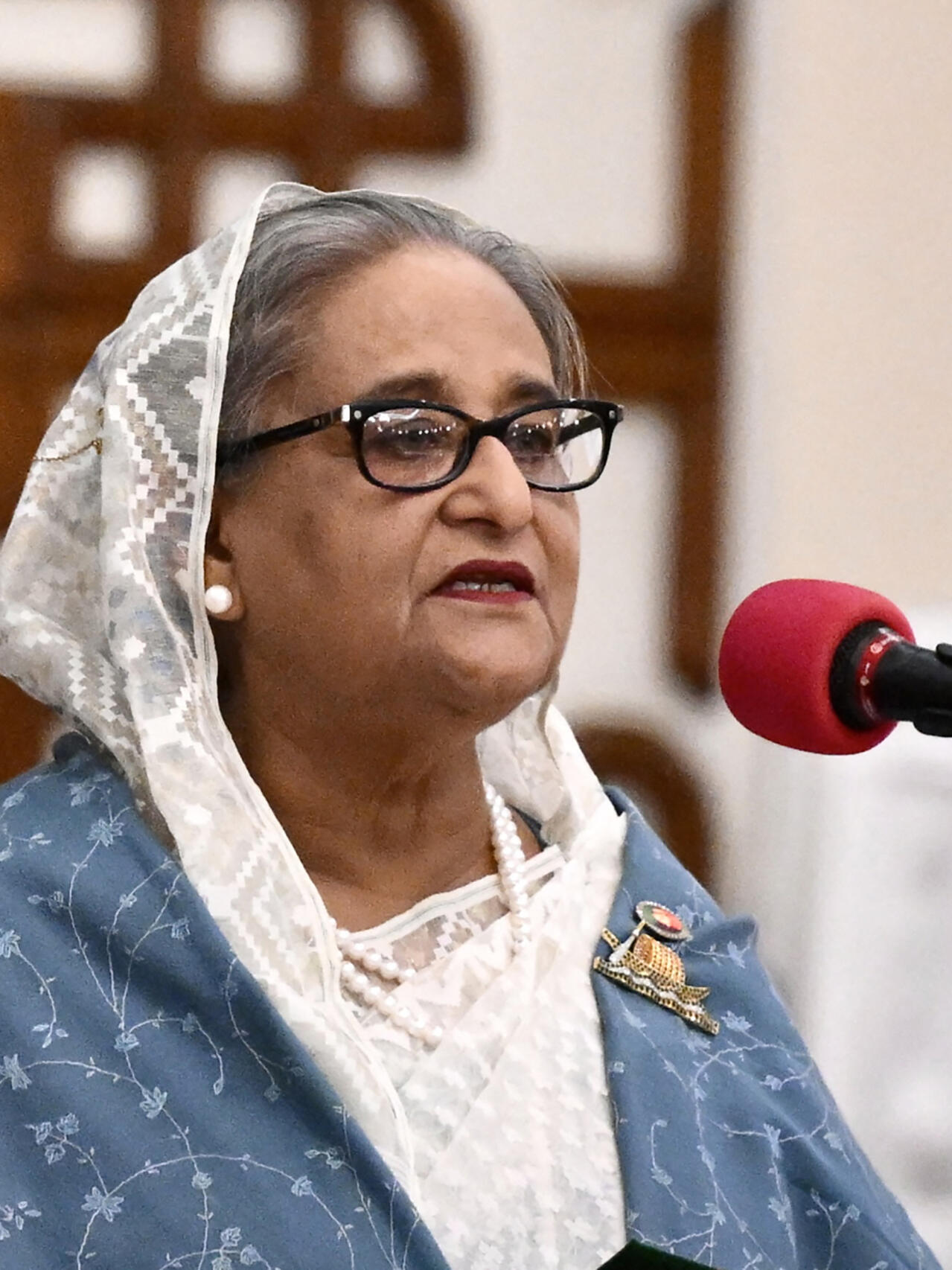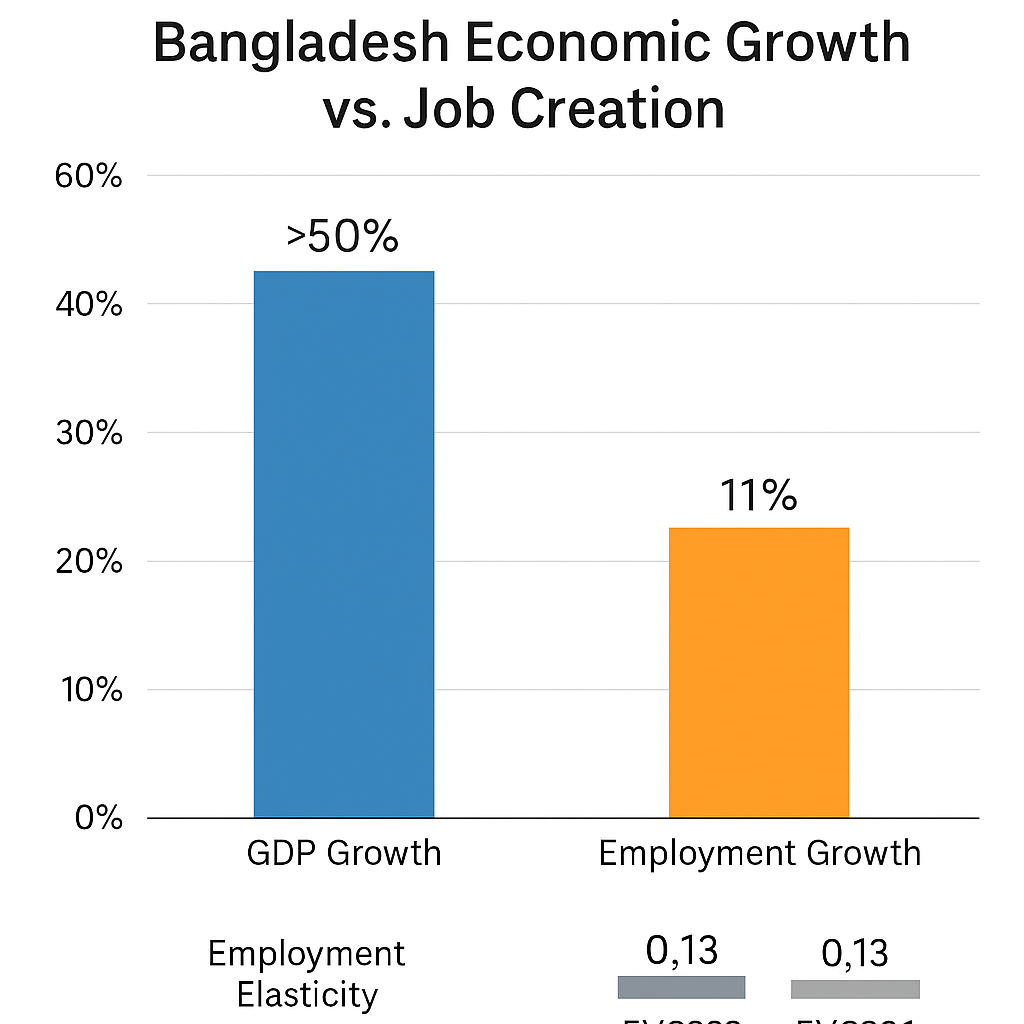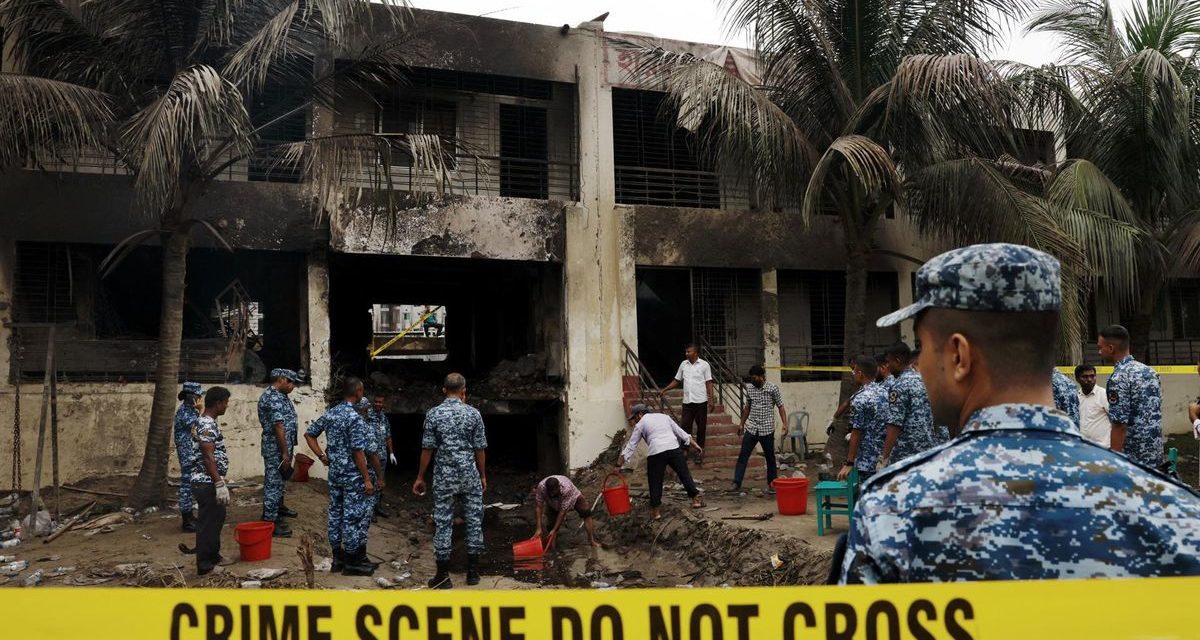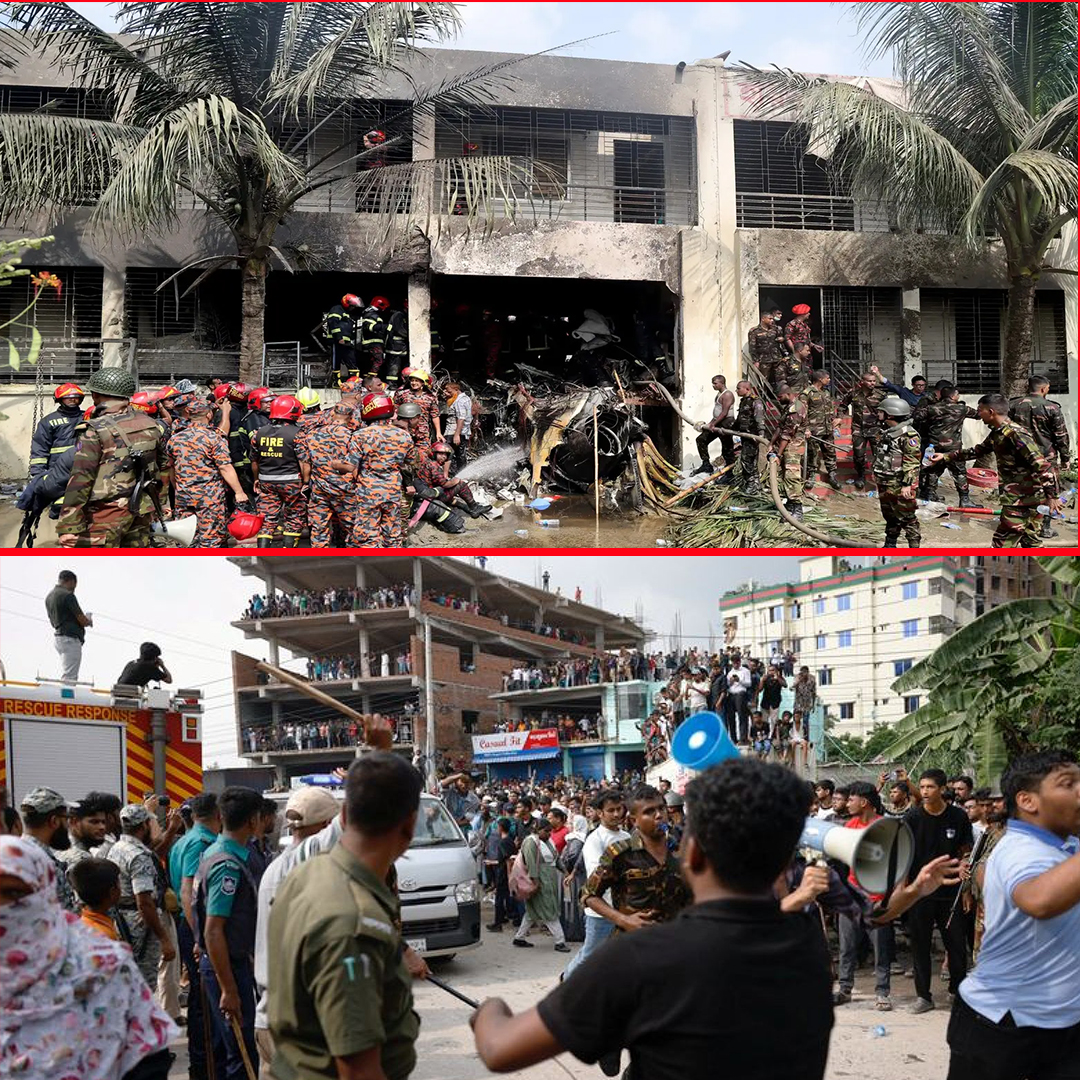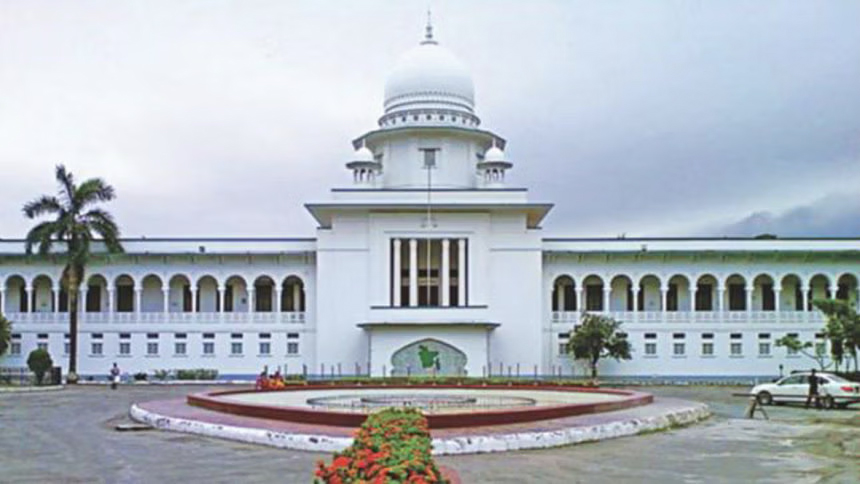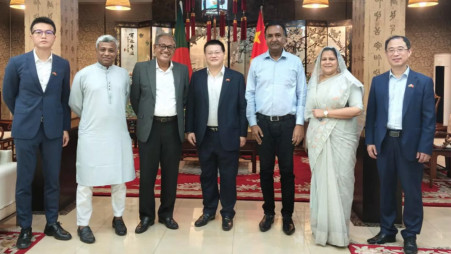
Mirza Fakhrul Leads BNP Delegation on a Four‑Day Visit to Study China’s Governance Model and Explore Political and Media Cooperation Amidst Shifting Regional Dynamics
Departing from Dhaka’s Shahjalal International Airport, the delegation will be formally received by Acting Chinese Ambassador Liu Yuyin at the embassy in Baridhara. Following a courtesy meeting, the visitors will travel to Beijing for a series of high‑level discussions and field visits. The agenda includes round‑table talks with CPC Central Committee members, briefings at prominent Chinese think‑tanks on economic reform and rural development, and guided tours of landmark projects such as the Zhongguancun Science Park and a leading special economic zone outside Shanghai. BNP leaders hope that firsthand exposure to China’s integrated model of state‑led planning and technological innovation will yield insights applicable to Bangladesh’s own challenges in urbanization, youth unemployment, and rural poverty.
Mirza Fakhrul Islam Alamgir will open the dialogue with a keynote address on the evolving political landscape in Bangladesh, noting that democratic resilience hinges on learning from diverse governance experiences. “Our aim is not to import any single system wholesale, but to understand how parties and governments can cooperate to deliver public services, maintain economic stability, and engage youth in nation building,” he said at a pre‑departure press briefing. He stressed the importance of observing institutional structures, party organization, and media strategies that have underpinned China’s rapid transformation over the past four decades.
The delegation includes Standing Committee members Mirza Abbas, Gayeshwar Chandra Roy, Selima Rahman, and AZM Zahid Hossain; advisers Zahir Uddin (Swapon) and Ismail Zubairullah; and Media Cell conveners Professor Sukomal Barua and Moudud Ahmed (Pavel). Each member brings expertise in areas ranging from legislative affairs and grassroots mobilization to media relations and policy research. Professor Barua, who will lead discussions on digital media engagement, highlighted China’s use of state‑owned and new media platforms to shape public narratives. “Understanding how the CPC manages information flows and trains its communicators could help us refine our own outreach strategies and strengthen internal cohesion,” he noted.
Political analysts point out that the timing of this visit coincides with shifting dynamics in Bangladesh’s domestic and regional arenas. The BNP, having contested a highly charged national election earlier this year, is seeking to rebuild its organizational capacity and credibility among voters. Engagement with China—Bangladesh’s largest source of foreign direct investment and a strategic partner through projects like the Padma Bridge Railway Link and the Karnaphuli Tunnel—offers an opportunity for the opposition to present a constructive alternative vision focused on economic development and governance reform. However, skeptics caution that any cooperation must be balanced against concerns over transparency, human rights, and national sovereignty.
Dr. Debapriya Bhattacharya, a fellow at the Centre for Policy Dialogue, remarked that while the BNP’s outreach to China could illuminate best practices in state planning and public administration, it must not overlook the need for accountability and inclusivity. “China’s achievements in infrastructure and poverty reduction are remarkable, but their political system differs fundamentally from ours. The BNP should critically assess what elements can be adapted within Bangladesh’s democratic framework without compromising civil liberties,” he advised. Professor Moinul Islam of Chittagong University added that the visit could strengthen Bangladesh’s multipolar engagements, underscoring that reliance on a single ally runs counter to national interest.
Beyond formal meetings, the delegation will engage with youth organizations at leading Chinese universities, attend cultural events showcasing China’s Belt and Road Initiative achievements, and visit technology firms to observe innovations in e‑commerce, fintech, and renewable energy. These interactions aim to foster people‑to‑people ties and inspire collaborative projects in education, digital entrepreneurship, and green growth. Party insiders suggest that future BNP policy proposals may incorporate elements observed during the visit, such as vocational training partnerships and pilot initiatives in rural digitization.
Upon returning to Dhaka, the delegation plans to hold a press conference to share its findings and recommendations. The BNP has indicated intentions to publish a comprehensive report detailing lessons learned and proposed frameworks for party organization, youth engagement, and media strategy. Civil society groups and political commentators will be watching closely to see whether the visit translates into concrete policy initiatives or remains largely ceremonial. With Bangladesh navigating complex challenges—ranging from climate vulnerability and demographic pressures to demands for good governance—the BNP’s choice to engage with China underscores its broader strategy to position itself as a credible, solutions‑oriented force in national politics.
In sum, the BNP delegation’s visit to China represents more than a diplomatic courtesy call; it is a strategic endeavor to glean insights from one of the world’s fastest‑growing major economies and largest ruling parties. Its success will be measured not only by the quality of exchanges and memoranda of understanding signed but by the extent to which the BNP can incorporate new ideas into a coherent policy platform that resonates with Bangladesh’s electorate and addresses the pressing needs of its diverse population.


